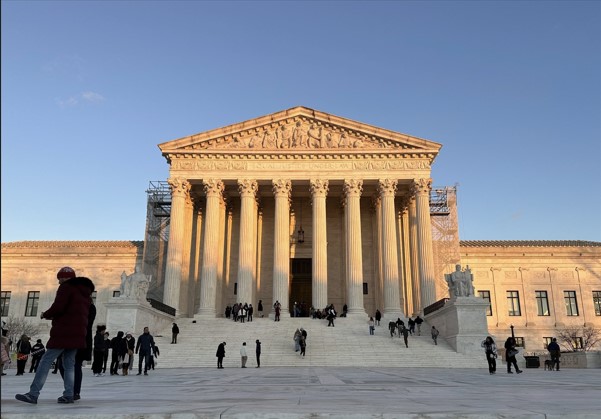Cunningham v. Cornell University: A Dissection of ERISA Pleading Standards
on Apr 17, 2025 at 6:15 pm
Justice Sonia Sotomayor wrote for a unanimous court on Thursday. (Katie Barlow)
Overview of the Case
The Supreme Court case Cunningham v. Cornell University addressed intricate issues concerning the Employee Retirement Income Security Act (ERISA). Although not landmark, the ruling clarified pleading requirements related to ERISA’s provisions regarding transactions with parties in interest.
Understanding ERISA
ERISA outlines a robust framework of regulations that govern retirement plans, paralleling traditional trust law. Importantly, it includes Section 1106, which stipulates that fiduciaries must not cause a plan to engage in transactions with parties considered to be insiders. This is contrasted with Section 1108, which allows exemptions for certain transactions under specified conditions.
The Legal Question
The crux of the case centered on whether plaintiffs could successfully claim a violation of Section 1106 simply by alleging that their retirement plan transacted with a service provider. This question arose from complaints regarding Cornell’s dealings with Fidelity and Teachers Insurance Annuity Association.
The Court’s Ruling
In her opinion, Justice Sonia Sotomayor endorsed a straightforward approach. She asserted that the plaintiffs only need to demonstrate the basic elements of a violation of Section 1106 without needing to prove that the transactions lacked protection under Section 1108’s exemptions.
Sotomayor detailed that the plaintiffs must show:
- The plan engaged in a transaction.
- The transaction involved the provision of services.
- The counterparty qualifies as a party in interest.
She stated that the burden of demonstrating an exemption lies with the service provider, as laid out under the structure of the statute.
Concerns and Mitigations
While recognizing the implications of a lower threshold for plaintiffs, Sotomayor suggested practical measures to address concerns:
- Require plaintiffs to provide specific factual allegations rebutting any raised exemptions.
- Permit dismissal of suits without identified injuries resulting from the transaction.
- Allow courts to impose sanctions under Rule 11 if the exemption is obviously applicable.
Significance and Future Implications
Although Cunningham v. Cornell University may not hold monumental significance, it provides essential guidance for lower courts navigating ERISA-related cases. The Supreme Court’s unifying ruling establishes clarity around pleading standards, reinforcing the need for consistency across jurisdictions.

